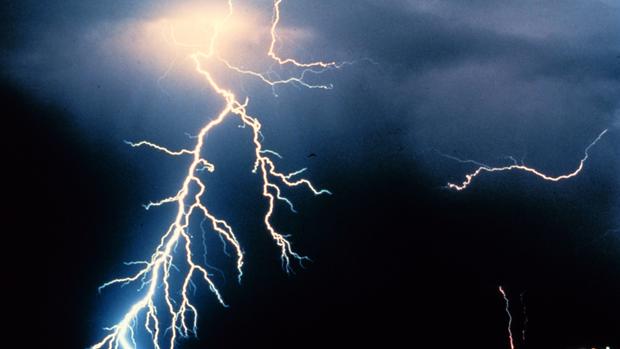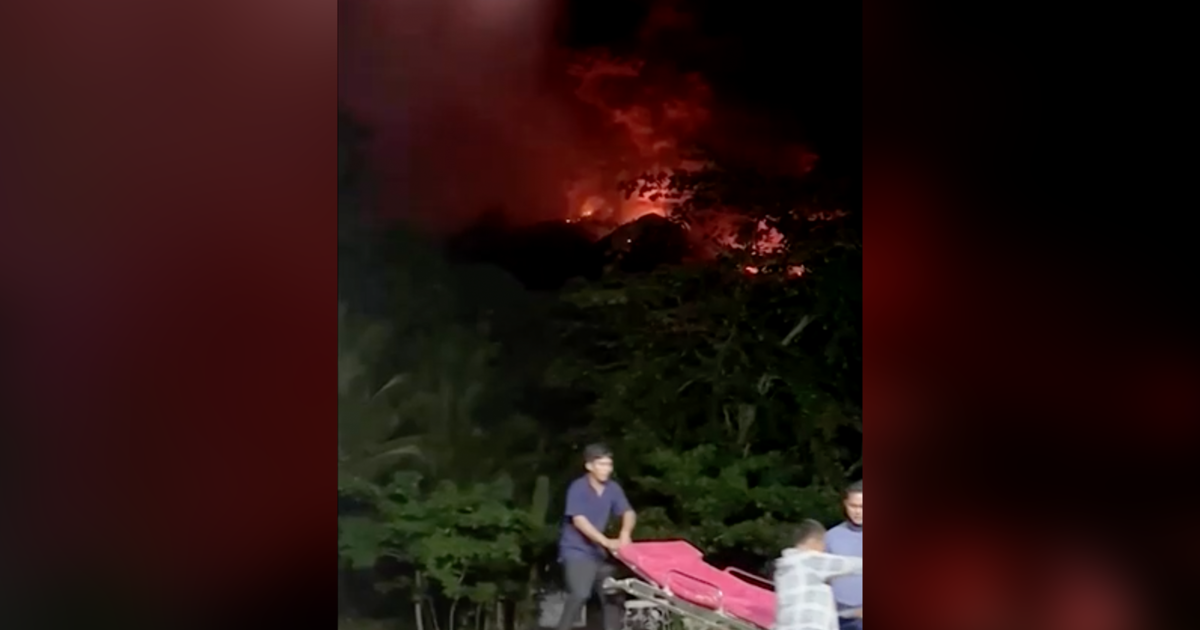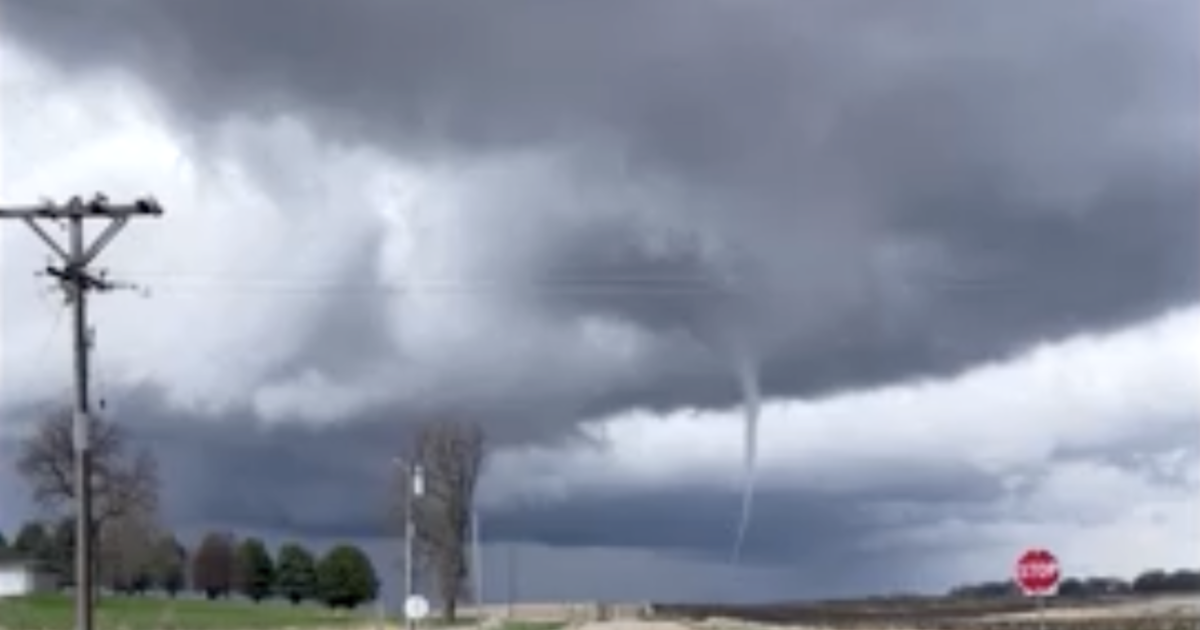A better heads-up for lightning? This satellite's working on it
WASHINGTON — A new U.S. satellite is mapping lightning flashes worldwide from far above the Earth, which should provide better warning about dangerous strikes.
The National Oceanic and Atmospheric Administration on Monday released the first images from the GOES-16 satellite’s lightning detector, the first ever in stationary orbit. It includes bright flashes from a storm that spawned tornadoes and hail in the Houston region on Valentine’s Day.
NOAA scientist Steve Goodman said ground radar sees lots of cloud-to-ground lightning, but this satellite provides more detailed views of lightning within clouds.
For instance, the above video shows lightning flashing over southeast Texas on Feb. 14, 2017, as captured by NOAA’s lightning mapper. The green cross is Houston, and the green dotted lines show the state’s coastline. Processing the scene at 500 frames per second, the mapper could break down the location, intensity and other characteristics of individual lightning strokes.
Cloud flashes can later turn into ground strikes, hitting people like a bolt out of the blue. Scientists say this could add more warning time and improve forecasts and safety information provided to the public.
Earth gets about 45 lightning flashes a second, but 80 percent stay in clouds.
- The places on Earth most likely to be struck by lightning
- Are lightning strikes becoming more common?
The GOES-16 weather satellite, which launched in November, orbits more than 22,000 miles above Earth and sends its data to the NOAA facility in Suitland, Maryland, where it’s received by a 30-foot satellite dish.
“GOES is better, faster, higher resolution, more information and new information that we haven’t had before,” Stephen Volz, assistant administrator of NOAA Satellite and Information, told CBS News in January. “This greater resolution with a higher speed will allow us to actually see in real time storms and events as they’re occurring.”




